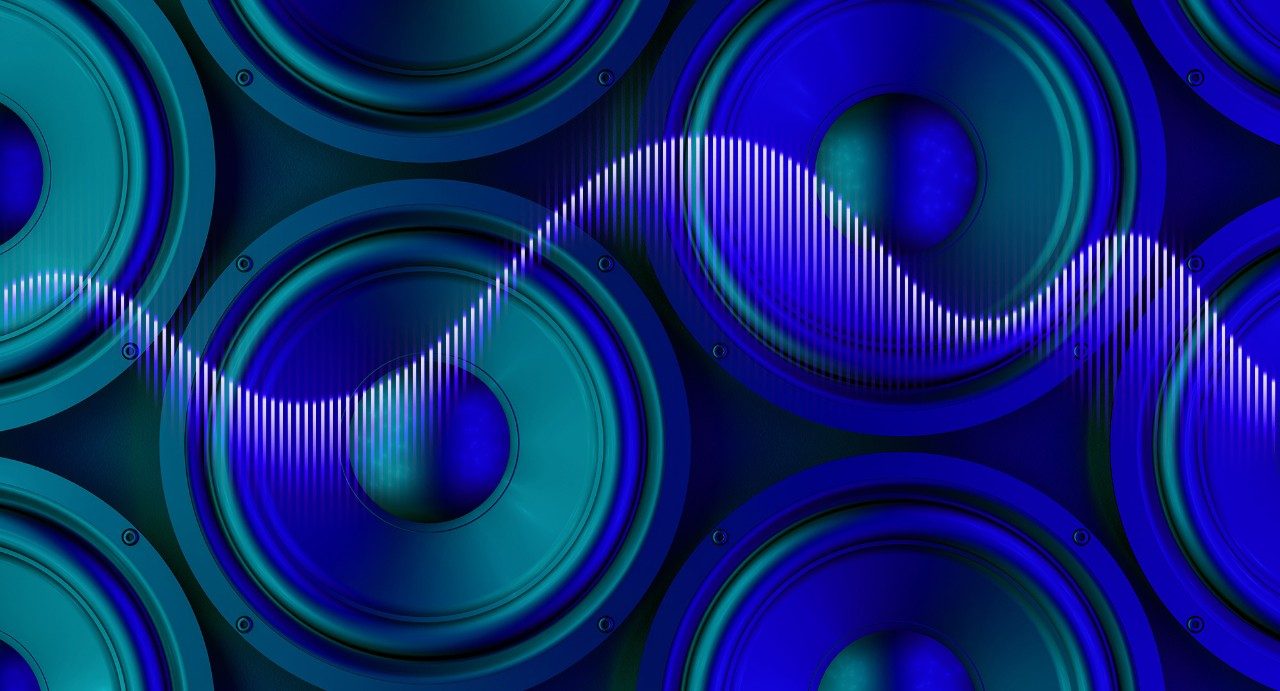
A.I. and Programming In Music
There has been a great amount of progress in terms of artificial inteligence (A.I.) in the last ten years, and it’s begining to get into the realm of music in several ways, and as we get more deeply involved in new technologies and new ways to create, it’s a good idea to think about the posibilities it can offer, the diferences between human technique and an artificial one, and what could be the limits?
It’s no secret that the limits of A.I. are yet to be discovered, however one of the most argued concepts is the fact that artificial intelegence could go beyond human capabilities, and this may already be true in a sense.
A.I. Plays What You Can’t

When it comes to music, practice can get you very far but there are some limitations to the human body that we as musicians simply cannot overcome. Of course the only way to know about these “impossible” feats was to test it through A.I.
Now even though we know there are some things that can be played, it’s not something that our hands are able to do. But there are two things that can be taken from this proof. First is the fact that complicated or hard things to play are not necessarily good, and on the other hand the way a musicians plays it’s directly connected to the way a musicians creates.
This sort of connection is very blurred when it comes to A.I. There have been many attempts to replicate the sort of magic musicians use when they make good music, and there hasn’t been any luck, while it is music, it’s not easy at all on the ears.
So can A.I. today still break some boundaries and help musicians explore new grounds in music? yes.
A.I. Lacks Someting
For the time being, A.I. can’t compose hit songs but they can teach us something about the potencial musical compositions.
Claire Evans from the band called YACHT, talked in an interview about how the band used A.I. in the making of their record. They made a machine learn their songs which resulted in strange changes that were hard to play but had interesting ideas. Evans said:
“AI forced us to come up against patterns that have no relationship to comfort. It gave us the skills to break out of our own habits,”
Live Coding

Another interesting new way to approach to music is programming, which has recently come in the form of live coding.
Live coding is a type of performance art in which the performer creates music by programming and reprogramming a synthesizer as the composition plays. The synthesizer code is typically projected onto walls or screens for the audience to inspect as they listen to the unfolding sound. Live coding events are sometimes known as algoraves, and at these events it’s common to see visualizations of the evolving music projected alongside the code. Often, these visualizations are created by a second performer manipulating graphics software in tandem with the live coder.
Erica Snyder
It’s a way to make music without playing instruments or even using a digital music instruments or samples, through coding the music and the graphics come to be, and that is fascinating.
Renick Bell’s performance was part of Algorithmic Art Assembly, a recent two-day festival in San Francisco dedicated to algorithmic music and art. The afternoons were filled with talks and demonstrations; the nights were filled with music.
Michael Calore, wired.com
Some of the talks were heavy on mathematics and computer science—music code on the screen is one thing, but Euclidean formulas are something else—but all of them were informative. Adam Florin, creator of the algorithmic audio plug-in Patter, traced the history of generative music from the middle ages, through John Cage and Iannis Xenakis in the mid-20th century, up to the software-dominated present. Musician Jules Litman-Cleper outlined the parallels between the patterns we see in nature and the patterns exhibited by computer systems. Producer Mark Fell, who along with artists like Oval released some pioneering algorithmic dance music in the 1990s, was brought on stage for a Q&A session.
Michael Calore, wired.com
Embracing A.I. and computers means understanding how connected they really are to what makes us human, in this case, art and music.
